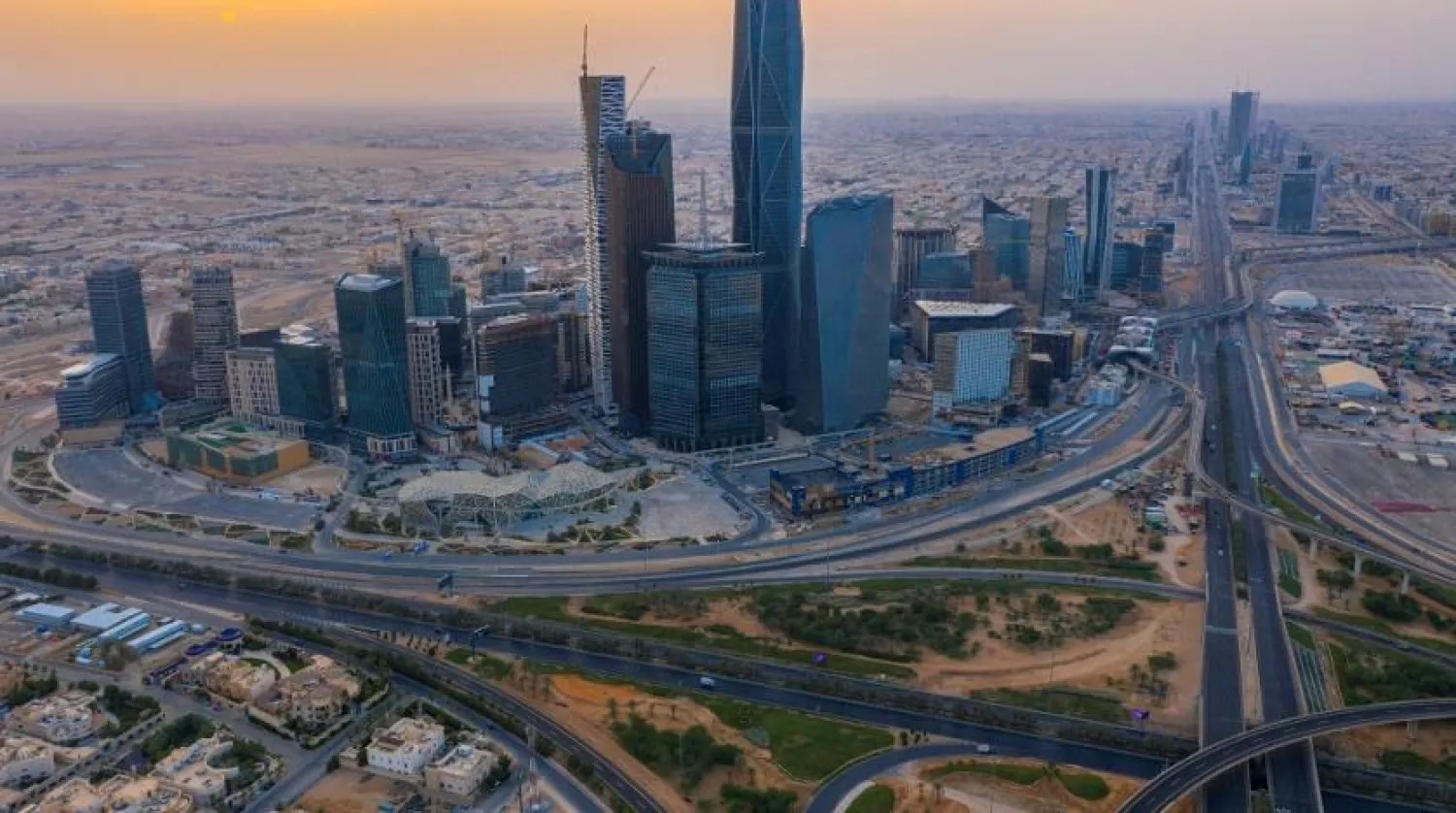Saudi Arabia’s General Authority for Foreign Trade (GAFT) has requested from one of the Kingdom’s new agencies to provide an inventory report for services the private sector wishes to export to countries with which free-trade negotiations are set to resume soon.
The call comes in light of current mobilization towards resuming free-trade negotiations with several countries and economic groups and difficulty obtaining requests from service sectors that directly impact the Saudi economy.
According to information obtained by Asharq Al-Awsat, countries expected to resume free-trade talks with Saudi Arabia include China, Australia, Britain, India, and Pakistan. These discussions are predicted to open new markets and include the Saudi private sector.
The host of demands the Kingdom is expected to put forth at upcoming rounds of negotiations includes prioritizing its leading, large and medium-sized companies that have a significant economic return.
These companies are required to list the services they wish to export, their target market, and their gross expectation interest.
Free trade agreements aim to boost intra-regional business exchange by eliminating customs duties on all or most exports and reducing other market barriers according to an agreed-upon regulation framework set up by signatory states.
Earlier in 2021, Arab Gulf states discussed mechanisms and tools to advance free-trade negotiations with China.
The General Secretariat of the Gulf Cooperation Council (GCC) confirmed that a technical team specialized in commodities held a joint meeting with its Chinese counterpart.
The GCC Commodity Technical Team held the meeting with its Chinese counterpart virtually and in preparation for holding the 10th session of the GCC-China Free Trade Agreement’s negotiations.
During the meeting, issues of common interest in the commodity sector between the two sides were discussed.
The two sides affirmed their keenness to complete the commodity-related issues as soon as possible.









